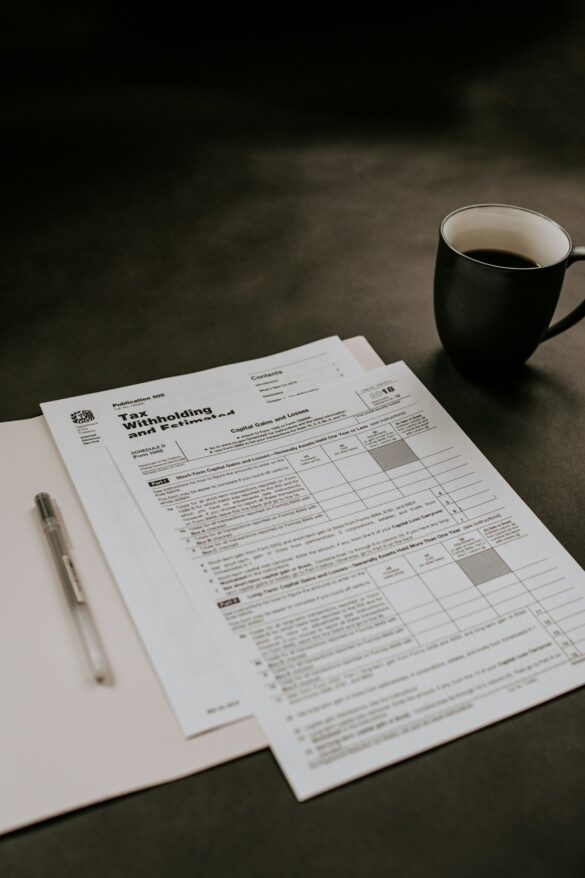A strong credit history is essential for financial stability and flexibility. Whether you’re planning to buy a home, finance a car, or apply for a credit card, having a good credit score can make all the difference. Building a strong credit history takes time and effort, but with the right strategies, you can achieve your financial goals and secure a bright financial future.
Here are some tips for building a strong credit history:
1. Pay your bills on time: One of the most important factors in building a strong credit history is paying your bills on time. Late payments can have a significant impact on your credit score and can stay on your credit report for up to seven years. Make sure to pay all of your bills, including credit card bills, loans, and utility bills, on time every month.
2. Monitor your credit report: Your credit report is a record of your credit history, including your payment history, credit accounts, and inquiries. It’s important to regularly monitor your credit report to check for errors or fraudulent activity. You can request a free copy of your credit report from each of the three major credit bureaus – Equifax, Experian, and TransUnion – once a year at AnnualCreditReport.com.
3. Use credit responsibly: When it comes to building a strong credit history, it’s important to use credit responsibly. This means not maxing out your credit cards, paying off your balances in full each month, and avoiding unnecessary debt. It’s also important to only apply for credit when you need it and to not open too many new accounts at once.
4. Keep your credit utilization low: Credit utilization is the ratio of your credit card balances to your credit limits. Keeping your credit utilization low – ideally below 30% – can help improve your credit score. If you have high balances on your credit cards, consider paying them down or asking for a credit limit increase to lower your credit utilization.
5. Build a mix of credit accounts: Having a mix of different types of credit accounts, such as credit cards, loans, and a mortgage, can help improve your credit score. Lenders like to see that you can manage different types of credit responsibly, so having a diverse credit portfolio can help strengthen your credit history.
6. Become an authorized user: If you have a family member or friend with good credit, ask them to add you as an authorized user on their credit card account. Being an authorized user can help you build credit history, as the account’s positive payment history will be reported on your credit report. Just make sure the primary cardholder is responsible and makes on-time payments.
7. Don’t close old accounts: Closing old credit accounts can lower your average account age and reduce the amount of available credit on your credit report, both of which can negatively impact your credit score. Instead of closing old accounts, consider keeping them open and using them occasionally to keep them active.
8. Be patient: Building a strong credit history takes time, so it’s important to be patient and stay consistent with your credit-building efforts. As long as you pay your bills on time, use credit responsibly, and monitor your credit report, your credit score will improve over time.
In conclusion, building a strong credit history is essential for financial success. By following these tips and staying disciplined with your finances, you can improve your credit score, qualify for better interest rates, and achieve your financial goals. Remember that building a strong credit history is a marathon, not a sprint, so stay focused and committed to your financial future.

